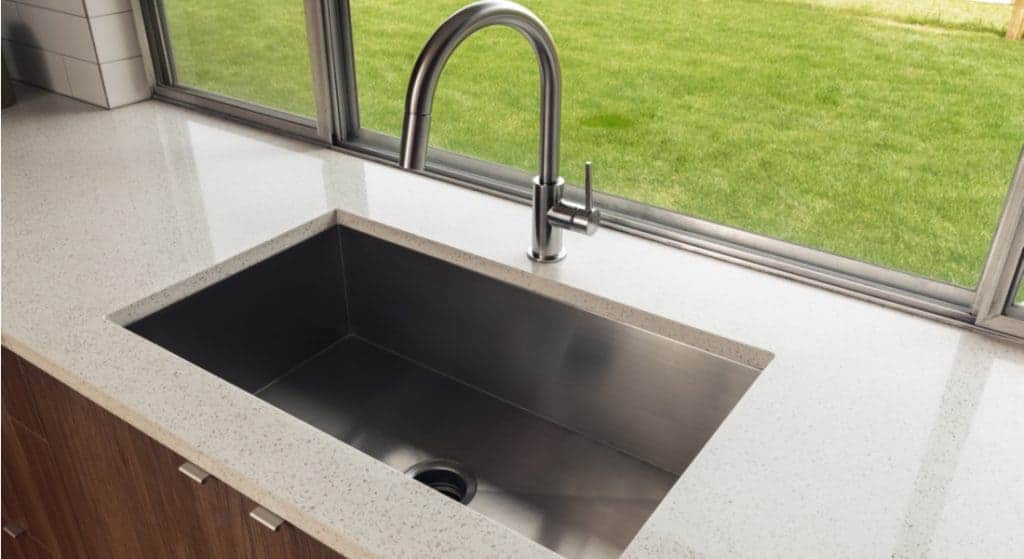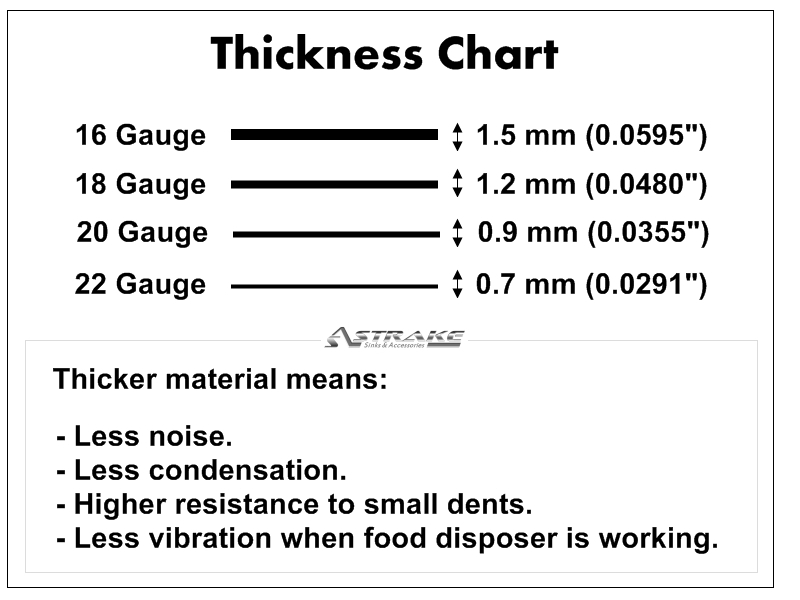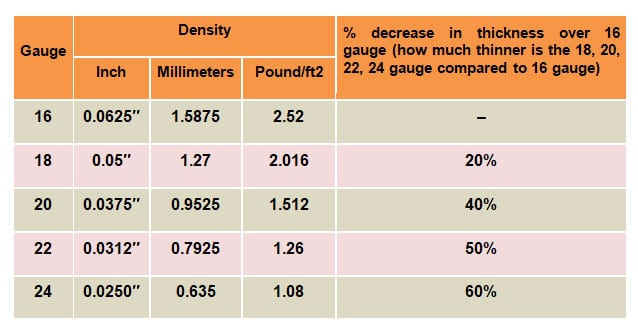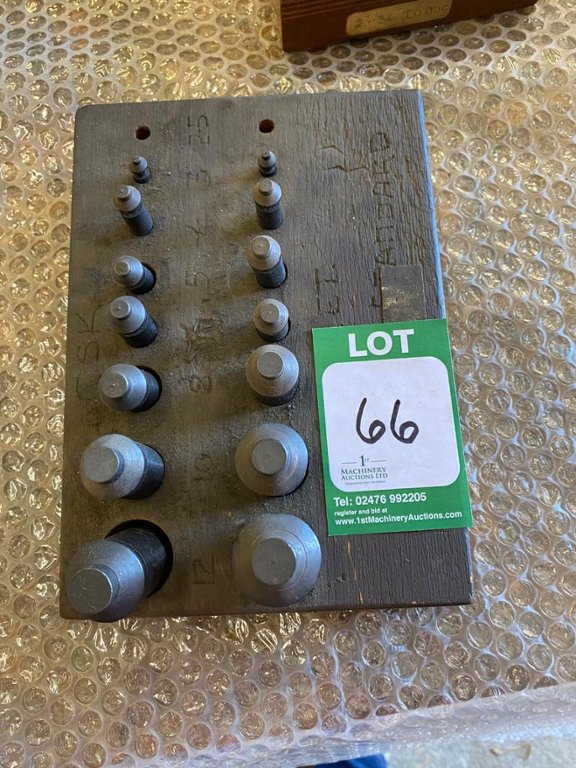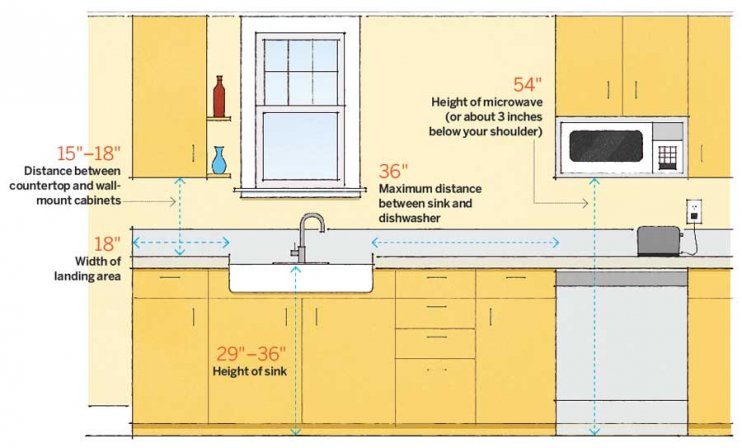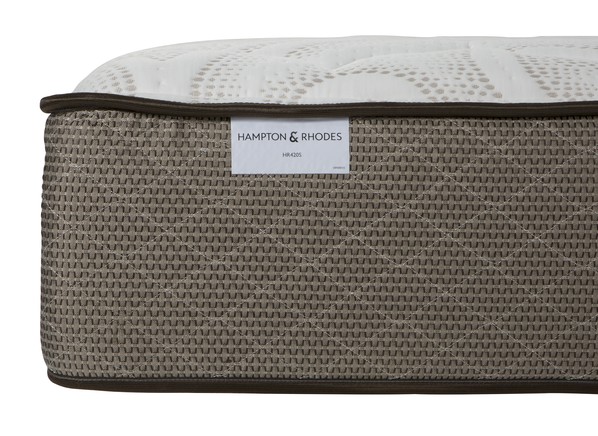When it comes to choosing a new kitchen sink, one of the most important factors to consider is the gauge of the stainless steel. The gauge of a sink refers to the thickness of the metal used to make it, with a lower number indicating a thicker material. But what gauge is best for your kitchen sink? Let's take a closer look at the different options and their pros and cons.What Gauge Stainless Steel Sink is Best?
Stainless steel is a popular choice for kitchen sinks due to its durability, resistance to stains and scratches, and sleek appearance. However, with so many different gauges available, it can be overwhelming to determine which one is right for you. That's where our stainless steel sink gauge guide comes in. We'll break down the different options and help you make the best decision for your kitchen.Stainless Steel Sink Gauge Guide
When it comes to choosing the right gauge for your kitchen sink, there are a few factors to consider. First, think about how you use your sink. Are you an avid cook who spends a lot of time in the kitchen? If so, you may want to opt for a thicker gauge to ensure your sink can withstand heavy use. On the other hand, if you primarily use your sink for light tasks like washing dishes, a thinner gauge may be sufficient. Another factor to consider is the size of your sink. Generally, larger sinks require a thicker gauge to prevent them from denting or buckling under the weight of dishes and pots. Additionally, the type of installation can also play a role in choosing the right gauge. Undermount sinks, which are installed below the countertop, are more prone to water pressure and therefore may require a thicker gauge than top mount sinks.Choosing the Right Gauge for Your Kitchen Sink
Sink gauge measurements can be a bit confusing, especially for those who are unfamiliar with the terminology. Most stainless steel sinks range from 16 gauge (thicker) to 22 gauge (thinner), with 18 gauge being the most common. It's important to note that the higher the gauge number, the thinner the steel is. For example, a 22 gauge sink will be thinner and more prone to denting than a 16 gauge sink.Understanding Sink Gauge Measurements
If you're unsure of the gauge of your current sink or are shopping for a new one, there are a few ways to determine the gauge. The first is to look for the manufacturer's label, which will often list the gauge. If the label is not available, you can also use a caliper or micrometer to measure the thickness of the sink at its thickest point. Another method is to simply press on the sink with your hand. If it feels sturdy and does not flex or make a hollow sound, it is likely a thicker gauge. A sink that is thin and lightweight may be a lower gauge. However, keep in mind that the sound and feel test may not always be accurate, as some manufacturers use sound-dampening pads to reduce noise and make thin sinks feel heavier.How to Determine the Gauge of a Stainless Steel Sink
To further understand the differences between sink gauges, let's compare a few popular options. A 16 gauge sink is the thickest and heaviest option, offering excellent durability and resistance to dents and scratches. However, it can also be the most expensive and may require additional support due to its weight. A 18 gauge sink is the most common and provides a good balance of durability and cost. It can withstand regular use and is less likely to dent or scratch than thinner gauges. A 20 gauge sink is a thinner option, making it more affordable but also more prone to denting and scratching. Finally, a 22 gauge sink is the thinnest and most economical, but it may not hold up well to heavy use.Stainless Steel Sink Gauge Comparison
As with any product, there are pros and cons to each gauge of stainless steel sink. A thicker gauge, such as 16 or 18, offers the highest durability and resistance to dents and scratches. They also tend to have a higher weight capacity, making them suitable for larger sinks. However, these gauges can also be more expensive and may require additional support during installation. Thinner gauges, such as 20 or 22, are more affordable and lightweight, making them easier to install. They may also be suitable for smaller sinks that don't see heavy use. However, they are more prone to denting and may not hold up well to frequent use or heavy pots and pans.Pros and Cons of Different Sink Gauges
Now that you have a better understanding of the different stainless steel sink gauges and their pros and cons, how do you choose the right one for your kitchen? As mentioned, it's essential to consider your usage, sink size, and installation type. Additionally, think about your budget and how much you are willing to spend on a sink. If you are looking for a long-lasting and durable option, a thicker gauge may be worth the investment.How to Choose the Right Gauge for Your Kitchen Sink
To help you compare the different gauge options, here is a simple chart to reference:Stainless Steel Sink Gauge Chart
In conclusion, there is no one-size-fits-all answer when it comes to choosing the right gauge for your kitchen sink. It ultimately depends on your specific needs and preferences. However, as a general guide, a thicker gauge, such as 16 or 18, is a good choice for those who use their sink frequently and want a long-lasting option. Thinner gauges, such as 20 or 22, may be suitable for smaller sinks or those on a budget. Remember to also consider other factors, such as the grade of stainless steel and any additional features, when choosing a sink. With the right gauge and material, your kitchen sink can be a durable and stylish addition to your home for years to come.Comparing Sink Gauges: Which is the Best for Your Kitchen?
Kitchen Sink Gauge Guide: Choosing the Right Material for Your Kitchen

Understanding Kitchen Sink Gauge
 When it comes to choosing a kitchen sink, many homeowners focus on the style and functionality. However, the
gauge
of the sink is an important factor to consider as well. The
gauge
refers to the thickness of the material used to make the sink. The lower the
gauge
, the thicker the material. For example, a
16-gauge
stainless steel sink is thicker and more durable than a
22-gauge
one. The
gauge
of the sink can affect its resistance to dents, scratches, and even noise.
When it comes to choosing a kitchen sink, many homeowners focus on the style and functionality. However, the
gauge
of the sink is an important factor to consider as well. The
gauge
refers to the thickness of the material used to make the sink. The lower the
gauge
, the thicker the material. For example, a
16-gauge
stainless steel sink is thicker and more durable than a
22-gauge
one. The
gauge
of the sink can affect its resistance to dents, scratches, and even noise.
Common Materials Used for Kitchen Sinks
 Now that you understand the importance of
gauge
, let's explore the different materials used for kitchen sinks. Stainless steel is the most popular choice for its durability, affordability, and easy maintenance. However, there are other options such as
cast iron
,
granite composite
, and
fireclay
sinks. Each material has its own strengths and weaknesses, so it's important to understand them before making a decision.
Now that you understand the importance of
gauge
, let's explore the different materials used for kitchen sinks. Stainless steel is the most popular choice for its durability, affordability, and easy maintenance. However, there are other options such as
cast iron
,
granite composite
, and
fireclay
sinks. Each material has its own strengths and weaknesses, so it's important to understand them before making a decision.
Choosing the Right Material for Your Kitchen
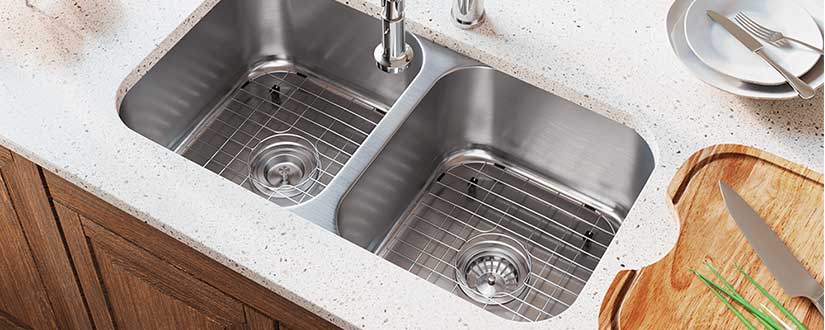 When it comes to choosing the right sink material for your kitchen, there are a few factors to consider. First, think about your budget and how much you're willing to spend on a sink. Stainless steel sinks are the most budget-friendly option, while
cast iron
and
fireclay
sinks tend to be more expensive. Next, consider the style of your kitchen and the overall aesthetic you're going for. Stainless steel sinks are versatile and can match any kitchen style, while
granite composite
and
fireclay
sinks add a unique and modern touch.
When it comes to choosing the right sink material for your kitchen, there are a few factors to consider. First, think about your budget and how much you're willing to spend on a sink. Stainless steel sinks are the most budget-friendly option, while
cast iron
and
fireclay
sinks tend to be more expensive. Next, consider the style of your kitchen and the overall aesthetic you're going for. Stainless steel sinks are versatile and can match any kitchen style, while
granite composite
and
fireclay
sinks add a unique and modern touch.
Conclusion
 When it comes to kitchen sink
gauge
, it's important to understand how it can affect the durability and functionality of your sink. Take into consideration the different materials available and choose the one that best fits your budget and style. With the right kitchen sink, you can elevate the look and functionality of your kitchen. So, don't overlook the
gauge
when choosing your next kitchen sink.
When it comes to kitchen sink
gauge
, it's important to understand how it can affect the durability and functionality of your sink. Take into consideration the different materials available and choose the one that best fits your budget and style. With the right kitchen sink, you can elevate the look and functionality of your kitchen. So, don't overlook the
gauge
when choosing your next kitchen sink.
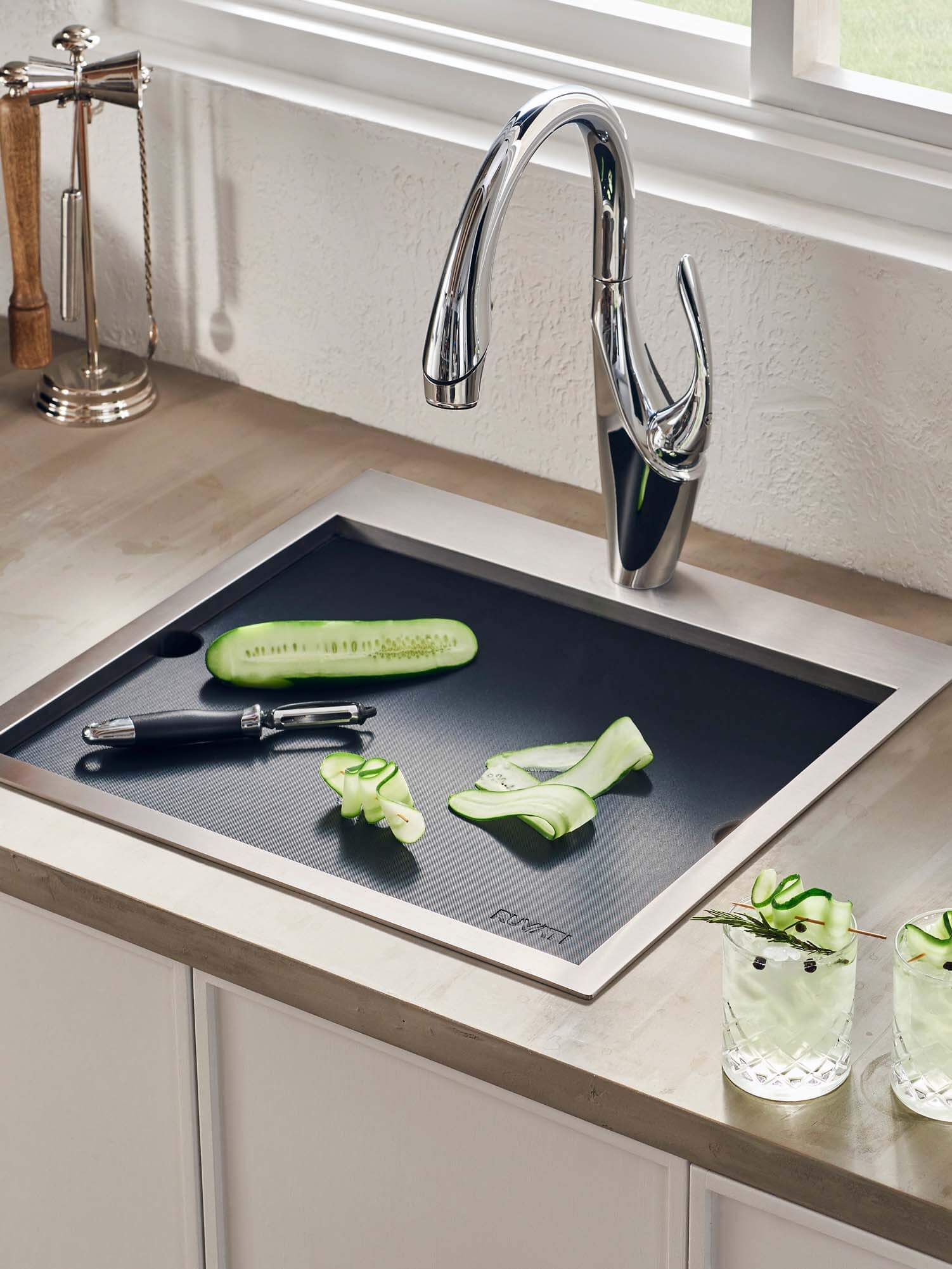




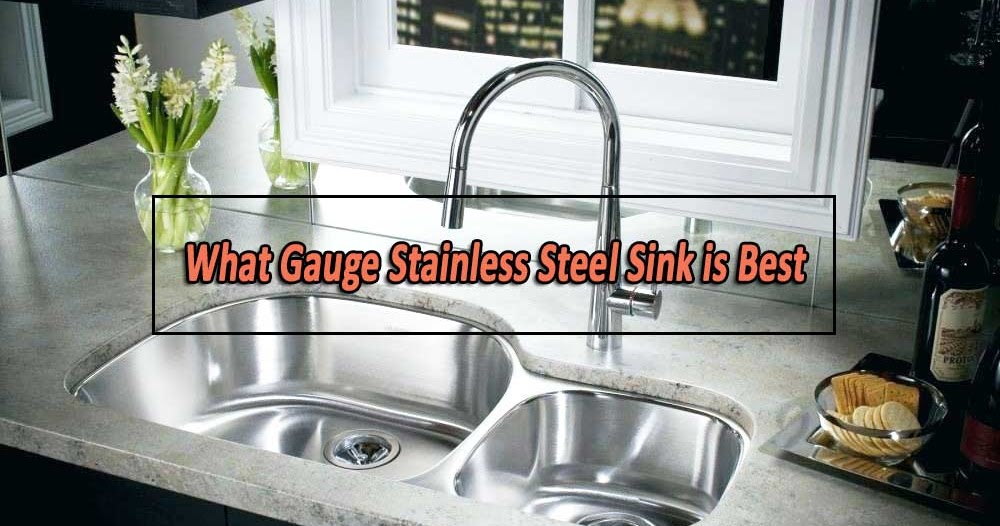
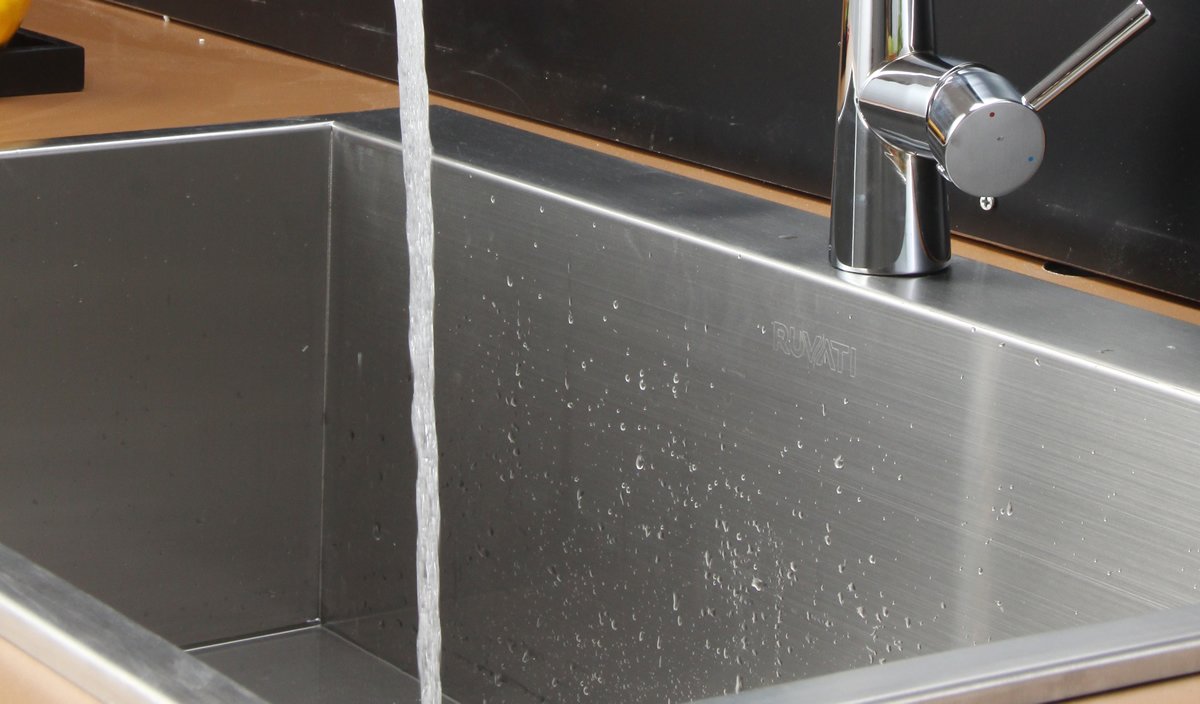






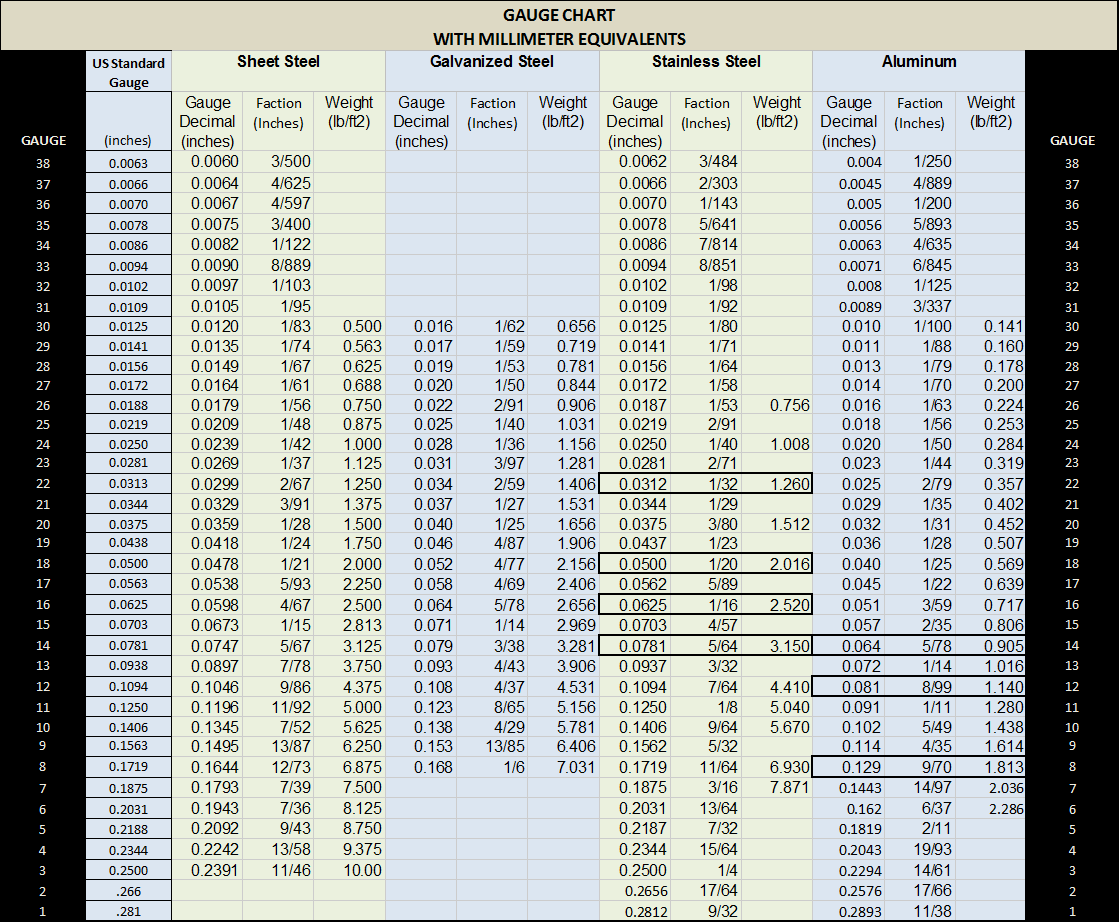









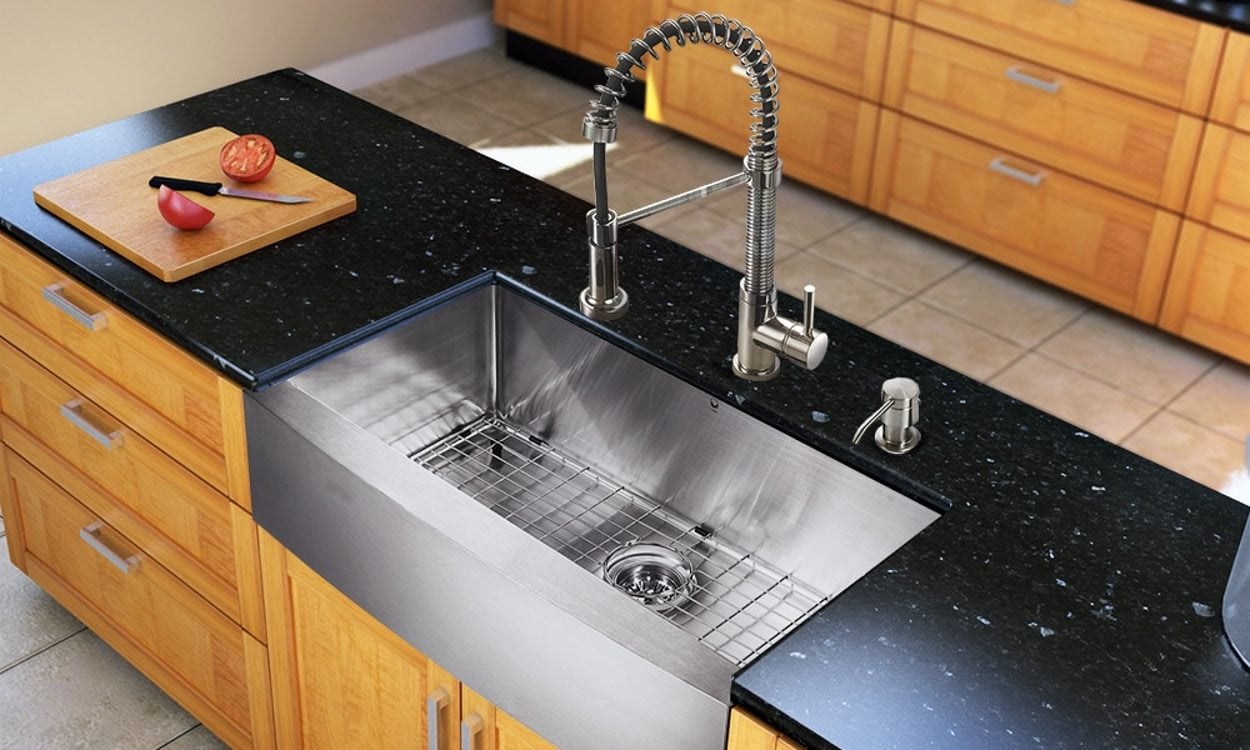







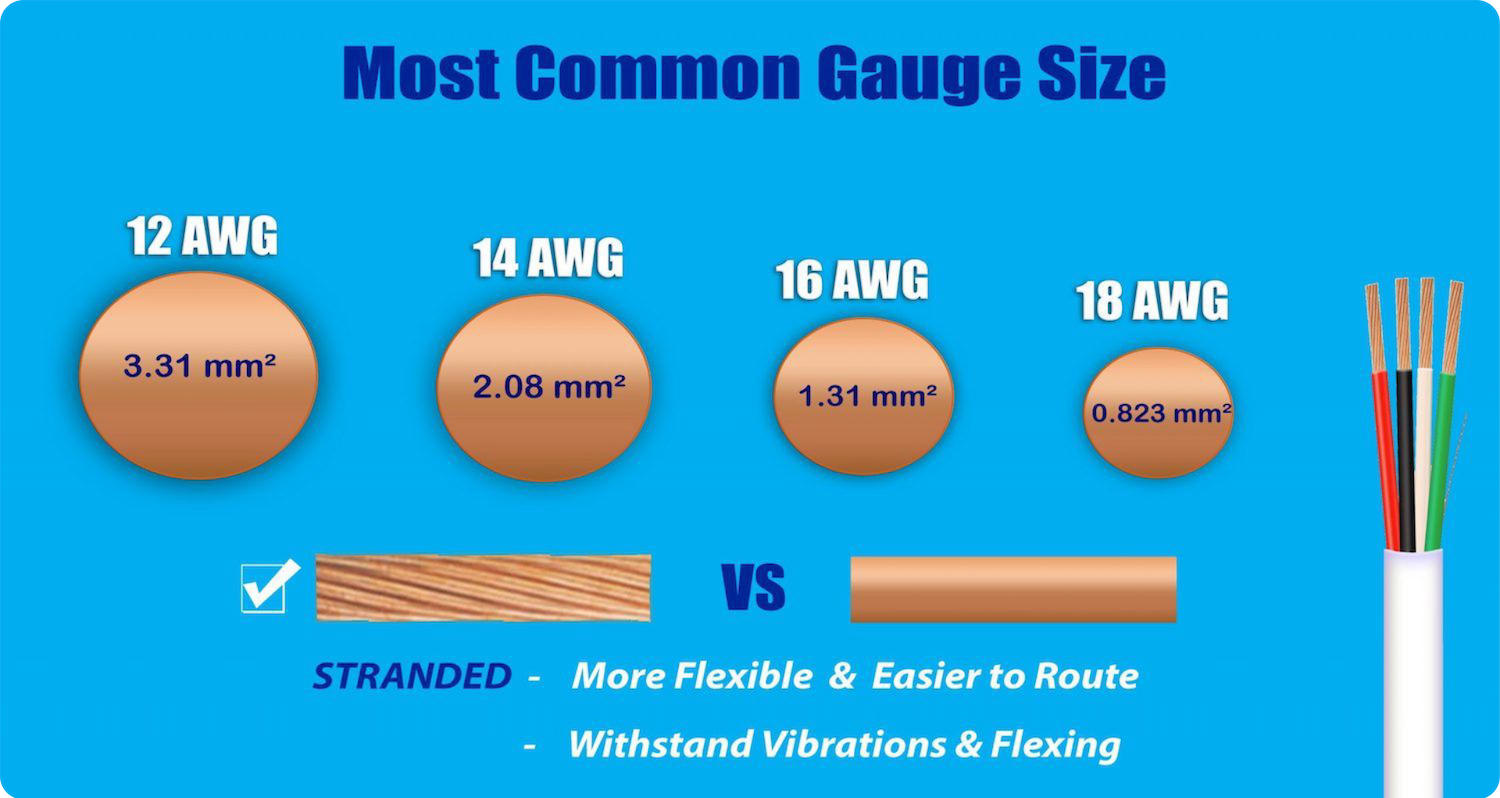

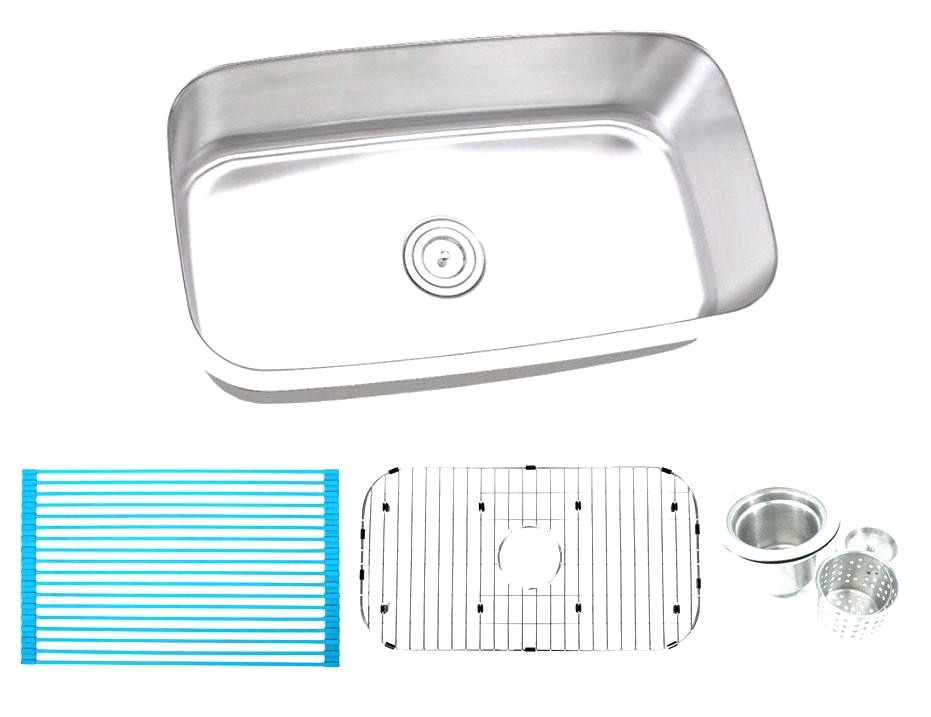


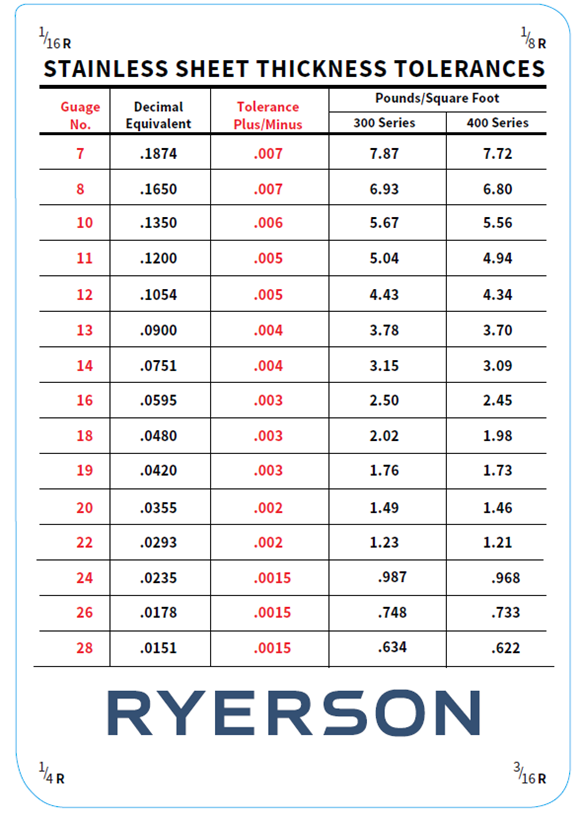






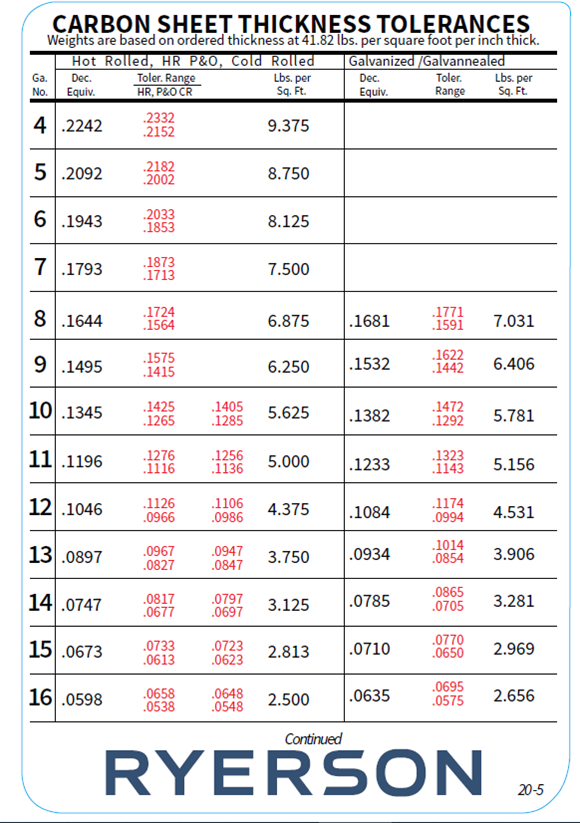

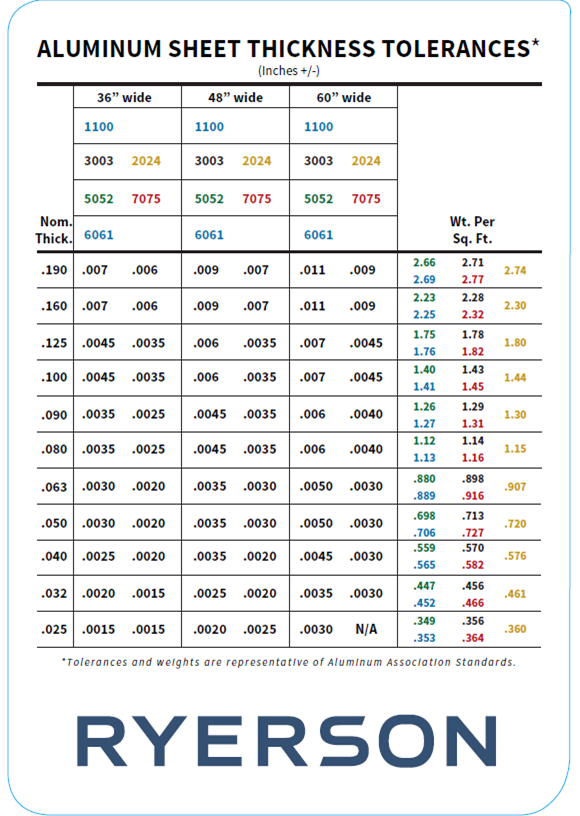

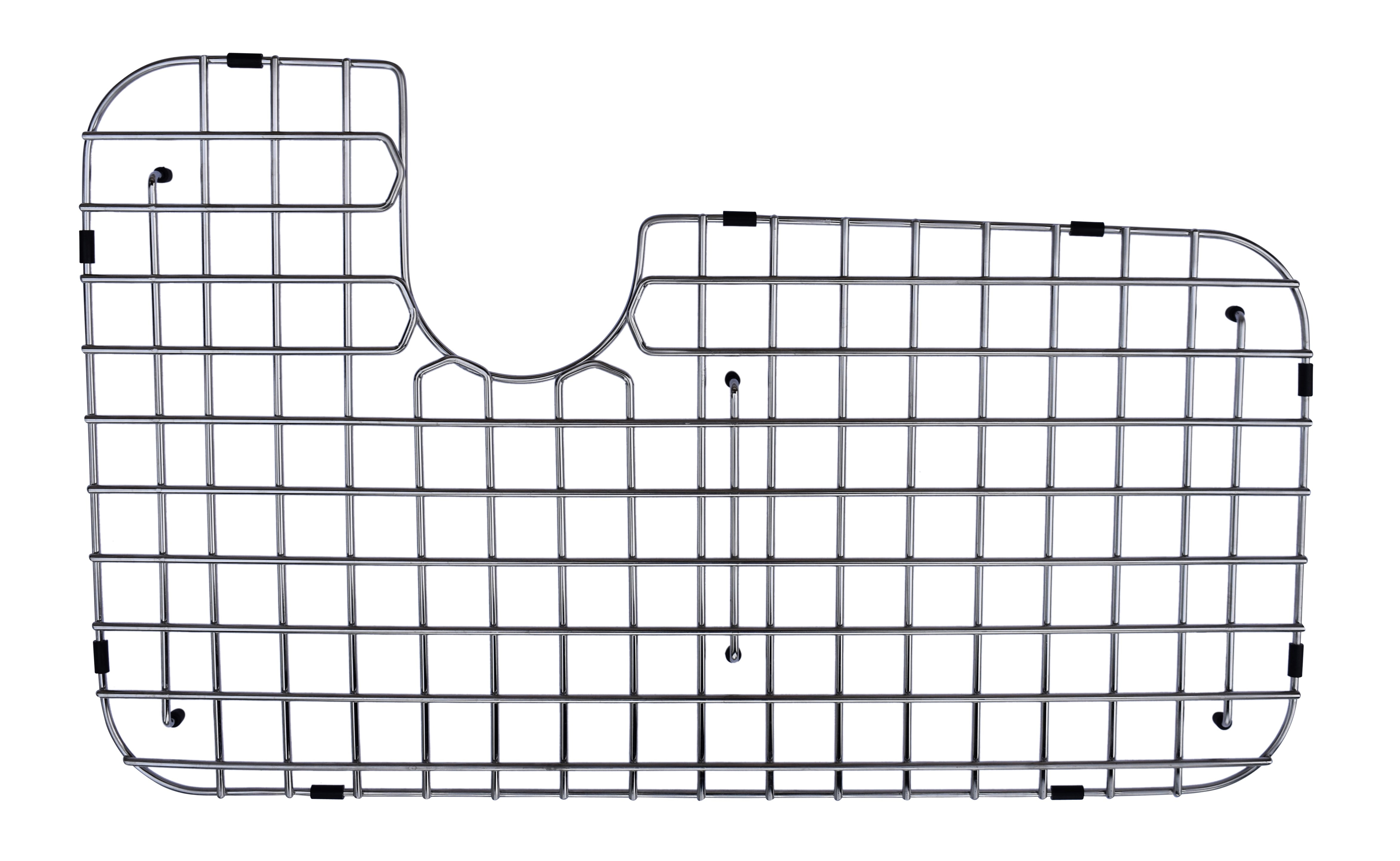



:max_bytes(150000):strip_icc()/Basic-kitchen-sink-types-1821207_color_rev-0b539306b9ef4236a136624ad2a89a4c.jpg)


:max_bytes(150000):strip_icc()/kitchendoubleBasinsink-GettyImages-1098390260-420372a617b748d8a06491e6ad82d107.jpg)



